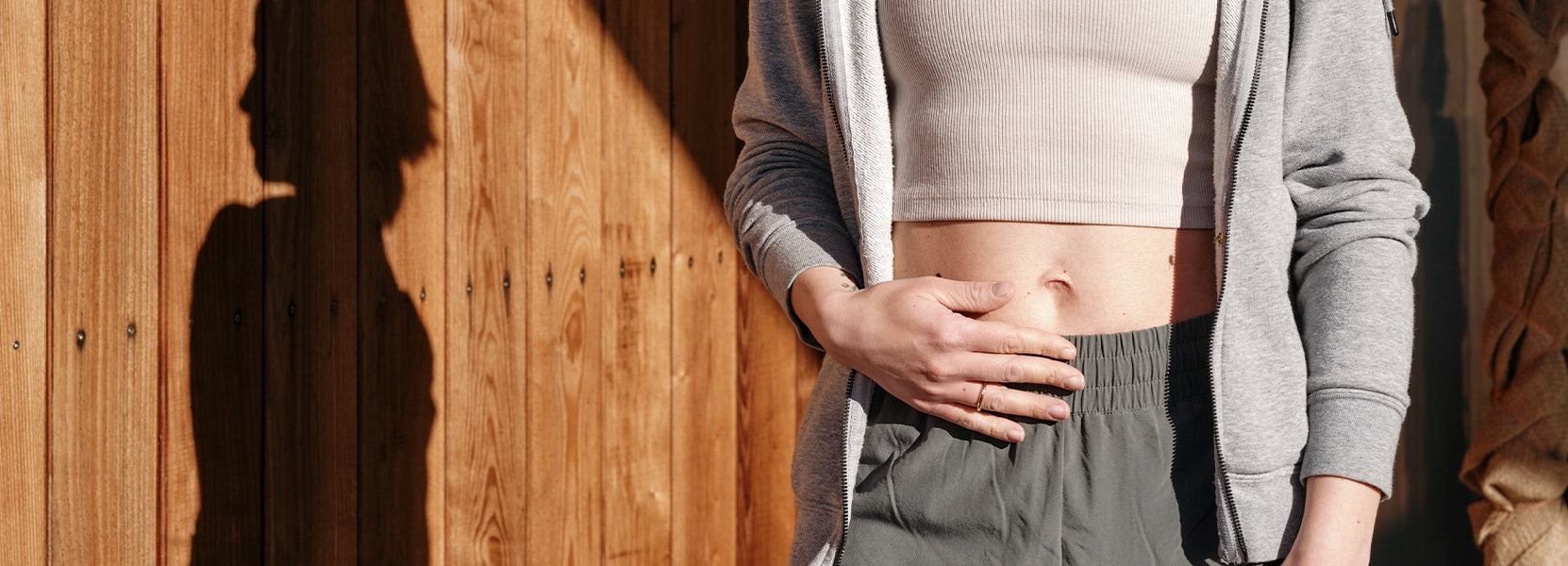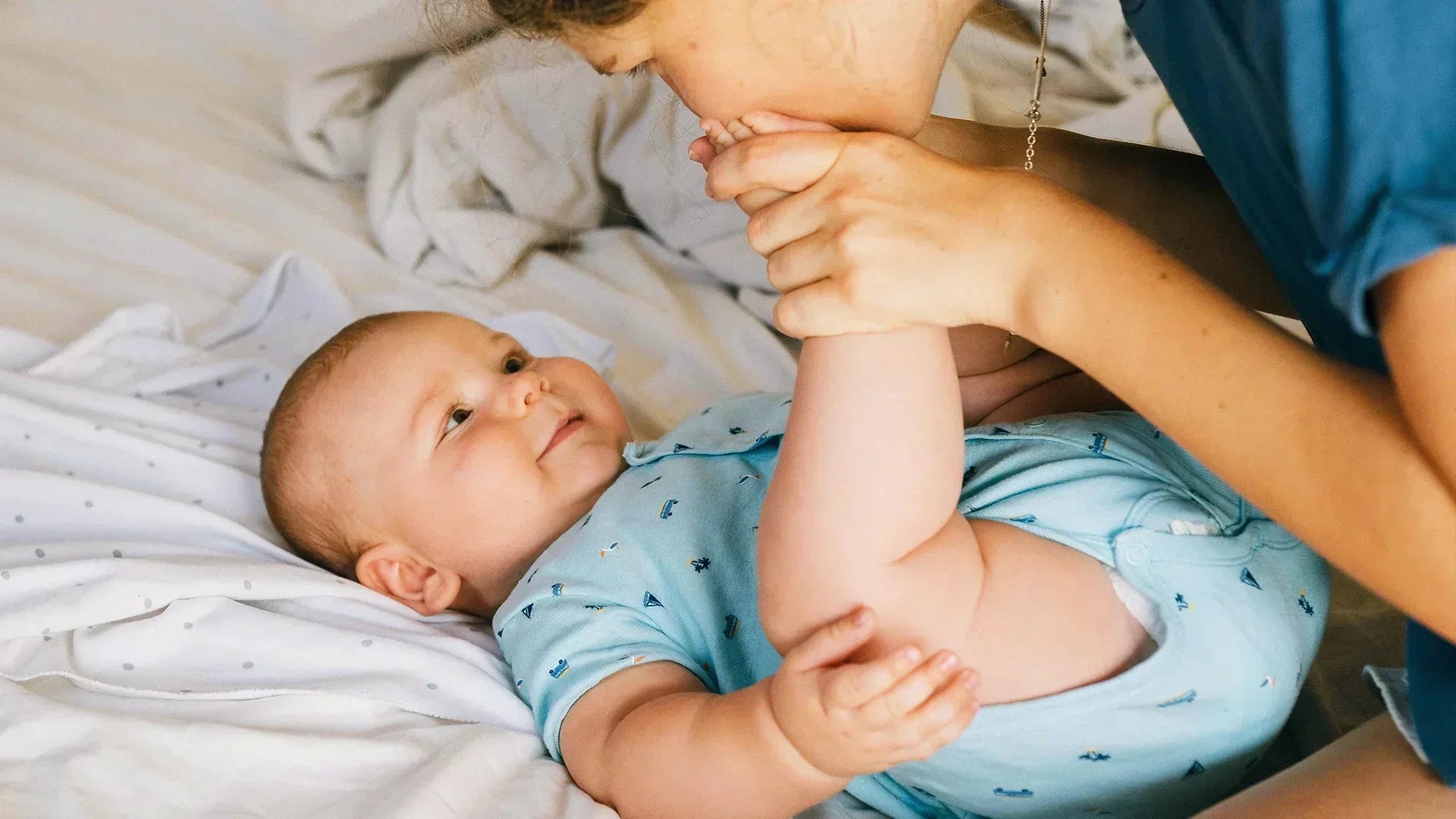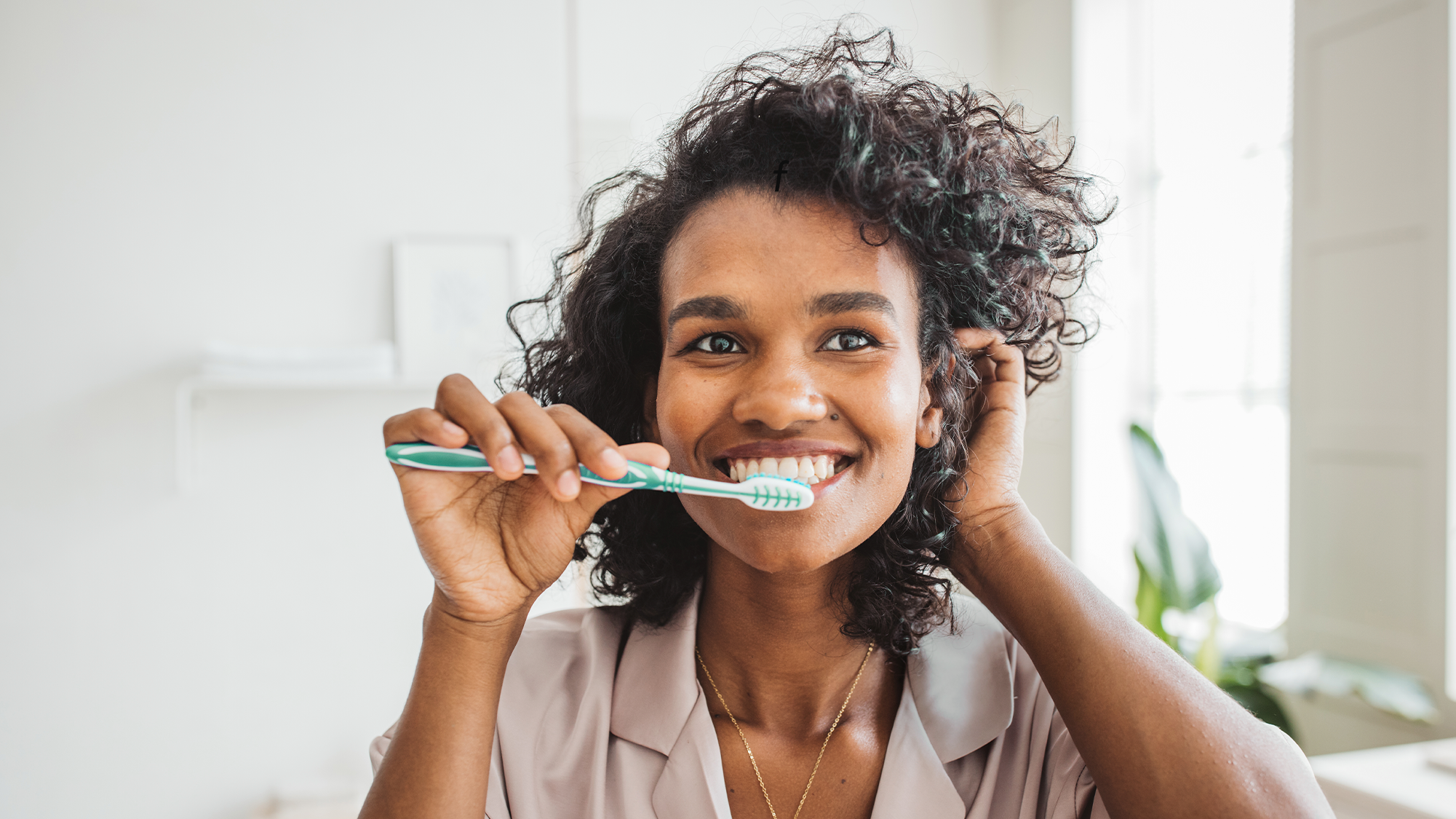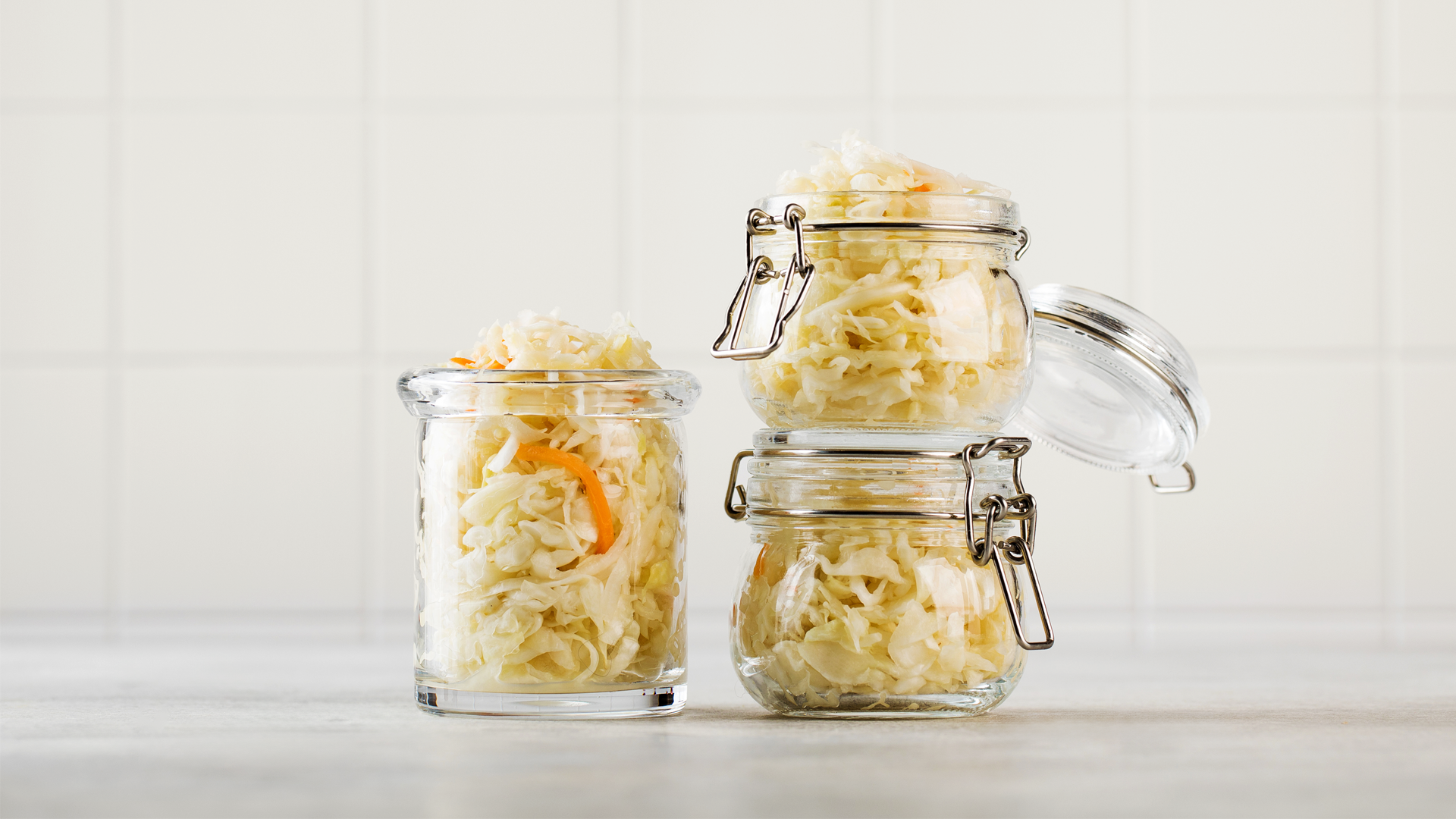The gut health hub
Welcome to our probiotic research articles and expert insights into maintaining optimal digestive wellness.


Filter articles by tags
Self care for mums: Navigating the fourth trimester with support
Becoming a new mum is one of the biggest life transitions a woman can experience. From changing routines to shifting identities, new motherhood can be...
Expert tips and advice for new parents
Meet Clare O’Brien Midwife, Research Lead & BioGaia Ambassador With over 11 years of NHS experience in clinical midwifery and research, Clare O’Brien is a leading...
How and when to start weaning your baby – baby weaning basics
Weaning is an exciting milestone in your baby’s journey, but knowing when and how to start can feel overwhelming. From recognising the key signs of...
Probiotics and babies: A comprehensive guide
Probiotics and babies, a comprehensive guide for parents. Discover the fascinating world of the baby microbiome and the best ways to build baby gut health.
Benefits of kissing – How your love life affects your body and mind
While the magic of kissing needs no introduction, research now suggests that kissing is more than just a sign of affection—it can be potentially beneficial...
New surprising habits for healthy teeth and gums
Taking care of your teeth and gums isn’t just about a beautiful smile; science reveals it’s also important for potentially maintaining your overall health. Maintaining...
The science behind strong teeth and healthy gums
Probiotics are increasingly being noted for their role in keeping the mouth’s natural environment in healthy, normal balance. Along with nutrient-rich foods and good daily...
The art and science of fermented foods with Jenny Neikell
How fermented foods can be a game-changer for gut health Fermentation is making a comeback thanks to growing awareness of its benefits for gut health and...
Fermented foods for gut health: Simple steps to start at home
Expert tips on safe home fermentation Fermented foods are fast becoming celebrated for their potential benefits to gut health, but the idea of making them...








